Resource recovery engineering laboratory
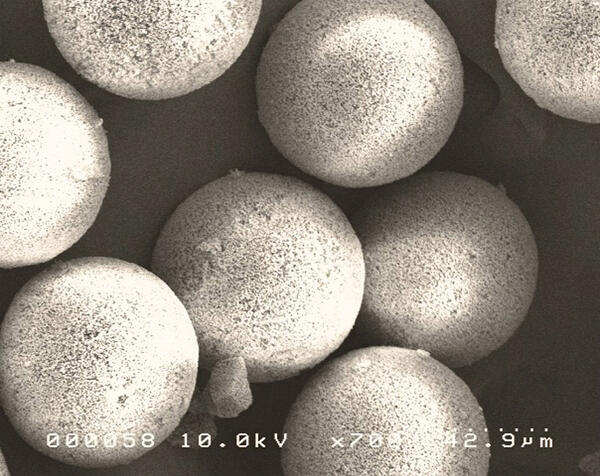
Rresearch images
energy
chemistry
ecology
Materials have always played an important role in human society. In order to respond to social needs, the Materials Science and Engineering Course aims to nurture technological engineers and researchers who have the capabilities to: grasp the essence of problems; invent research methods to solve problems; and make use of specialized knowledge for actual development. The main research themes in this course are to build academic knowledge based on new scientific perspective on all the material creations, which is beyond the conventional material classification by scientifically understanding materials as well as actively using quantum mechanics and electronic theory, namely the creation of new materials and the investigation of new physical properties. In addition, to achieve this objective, this course will provide education and conduct research through the three-course system, which links the undergraduate school with the graduate school - that is, advanced materials science represented by superconducting material, material creation study using the ultimate environment representing the space environment, and nanotechnology/materials and molecular devices materials science, which will be one of the four top-priority fields within the 21st century Japan
Materials have always been playing an important role in human society. Going forward, the importance of materials in the social infrastructure technology continues to increase. In addition, along with the recent development of the advanced science field, the field of materials science and engineering is also becoming diversified and how we further enhance the high functionality of materials without creating any environmental load is considered a major issue. Materials Science and Engineering Course aims to nurture engineers and researchers who have the abilities and skills to grasp the essence of problems by responding to the needs of society and social backgrounds, to invent in research methods for problem-solving, and to utilize specialized knowledge for practical development. Setting up these educational and human resourced development goals, this course will require students to acquire the following knowledge and skills.
Students will:
In light of the educational philosophy of the Materials Science and Engineering Course and the human resources development goals, the degree of Master in Engineering will be conferred on candidates who have fulfilled the following criteria.
Criteria for the judgement of Master's thesis are as follows:
The curriculum in the Materials Science and Engineering Course is positioned as an extension of the curriculum in the undergraduate education and has been specifically created to enable students on this course to acquire knowledge and experiences regarding more advanced materials science and engineering. Students in the Materials Science and Engineering Course will be able to deepen the knowledge relevant to their own research area by selecting and taking lectures, which explain basic perspectives regarding the physics and chemistry of materials, and theories etc., related to the application of materials science and engineering, as well as the ones based mainly on seminars and presentations. For the research for a Master's or Doctoral thesis, the students will be able to acquire experiences and obtain a wide view as engineers and researchers in engineering by inventing and implementing their research as well as by presenting research results.
Materials have always played an important role in human society. It is one of the most important foundations in modern science and technology development to study "materials" or to pursue excellent "materials" from such a social background. The Department of Materials Science and Engineering requires the following image of students as an enrollment student.

 energy
energy chemistry
chemistry ecology
ecology

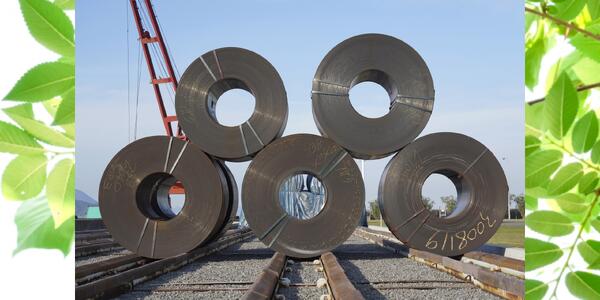
 aerospace
aerospace energy
energy material
material


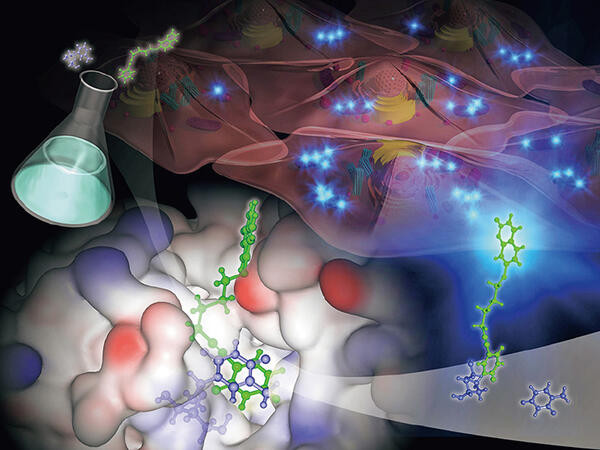
 medical
medical


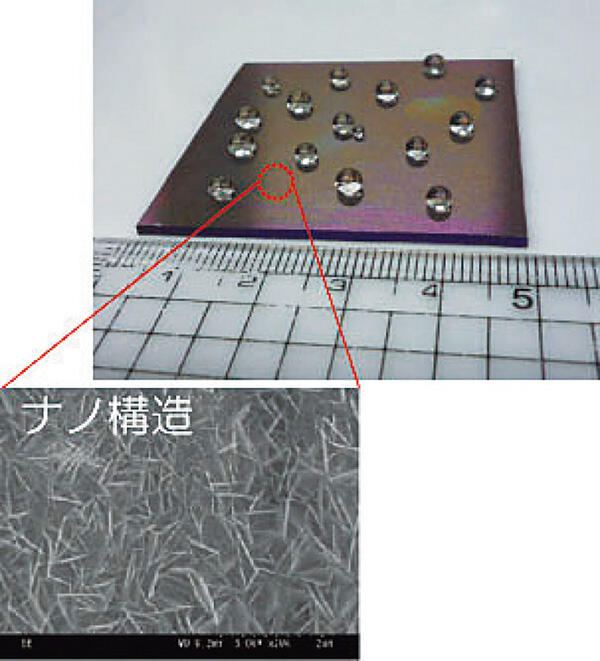
 material
material


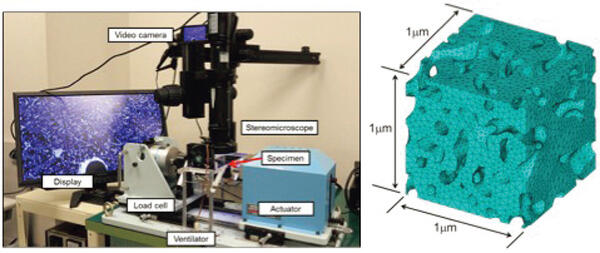
 hardware
hardware


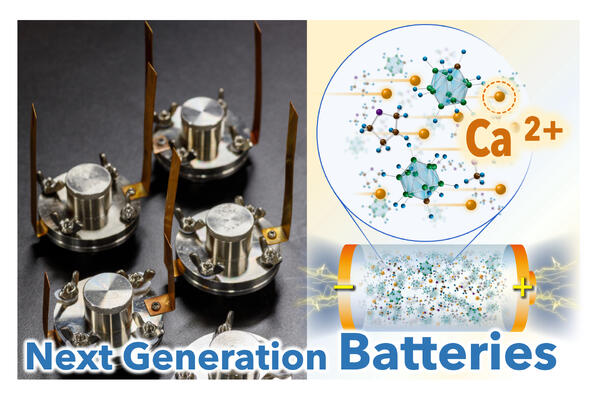
 energy
energy chemistry
chemistry material
material


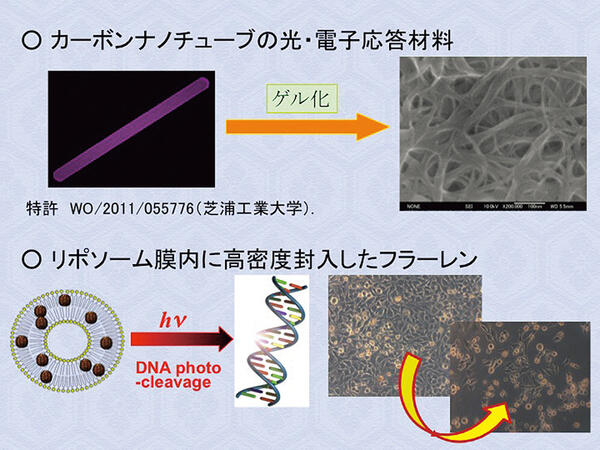
 chemistry
chemistry

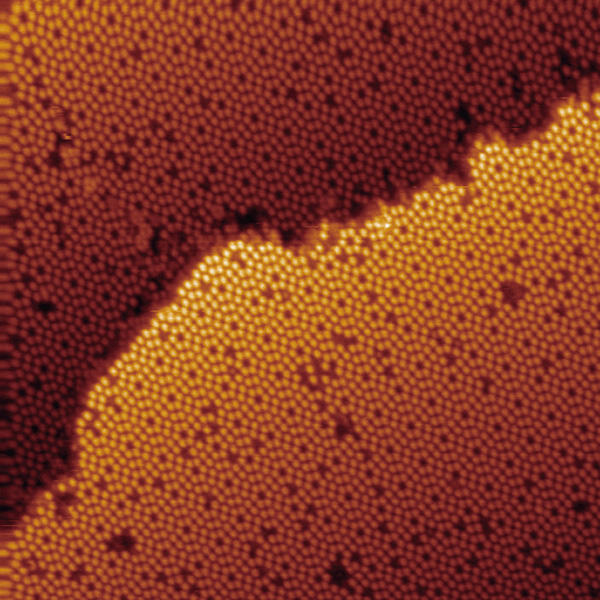
 material
material


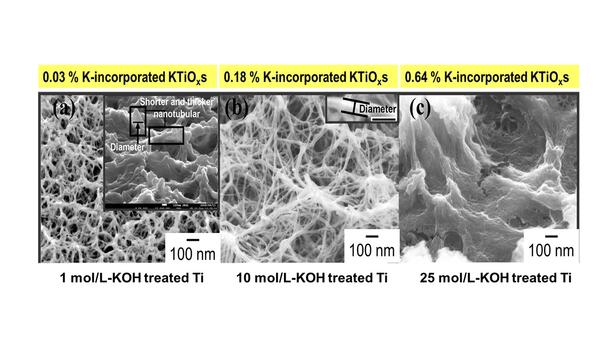
 chemistry
chemistry material
material biotechnology
biotechnology

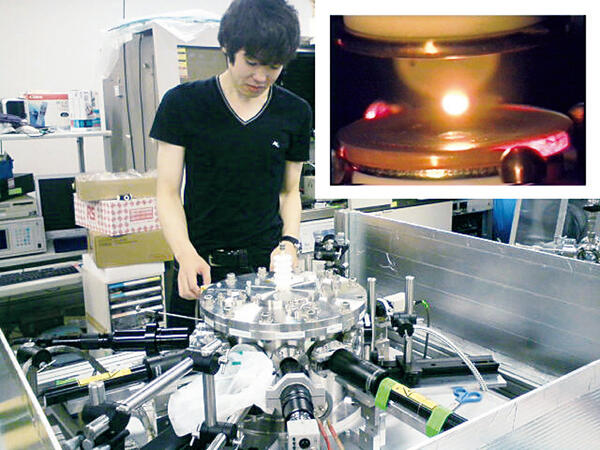
 material
material

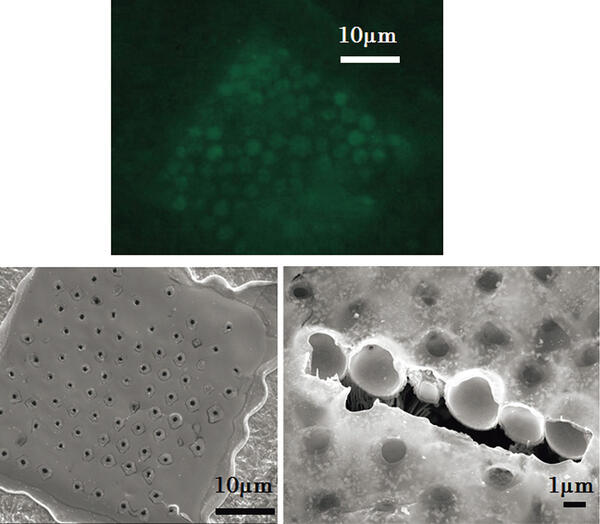
 chemistry
chemistry material
material biotechnology
biotechnology

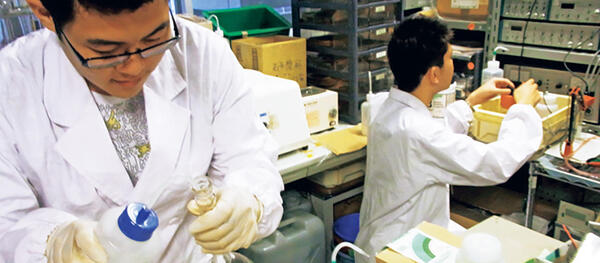
 chemistry
chemistry
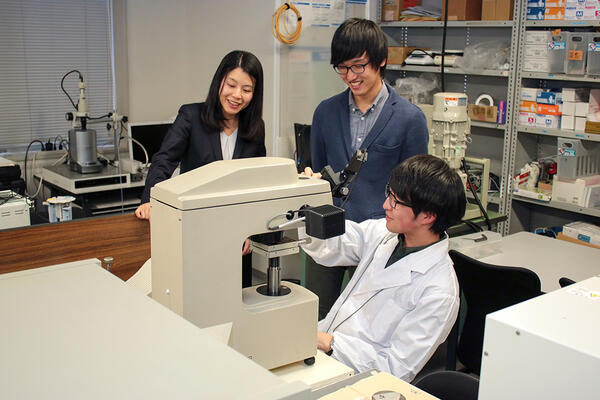
 energy
energy material
material ecology
ecology


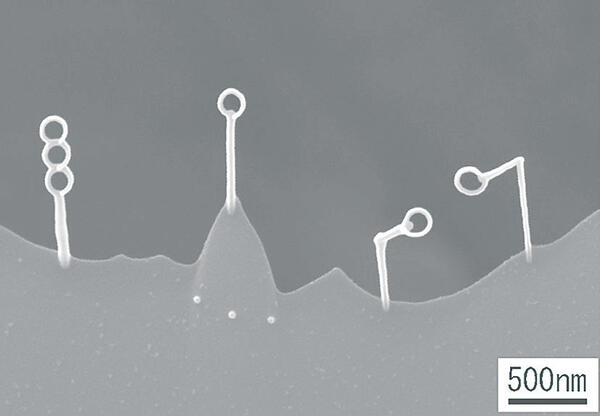
 material
material


 basic
basic
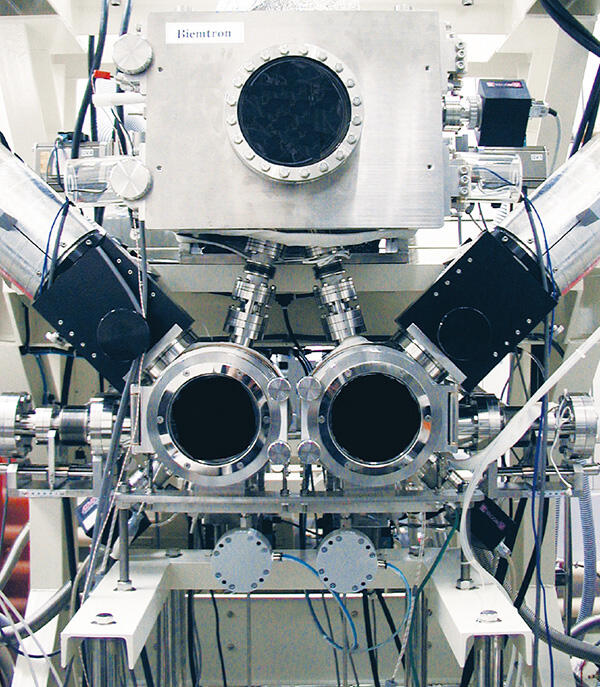
 energy
energy material
material
